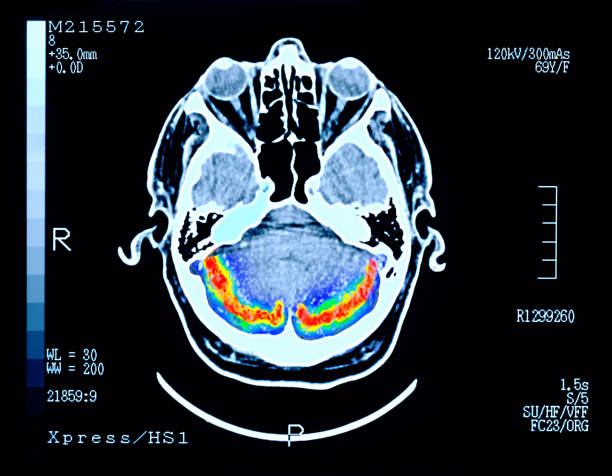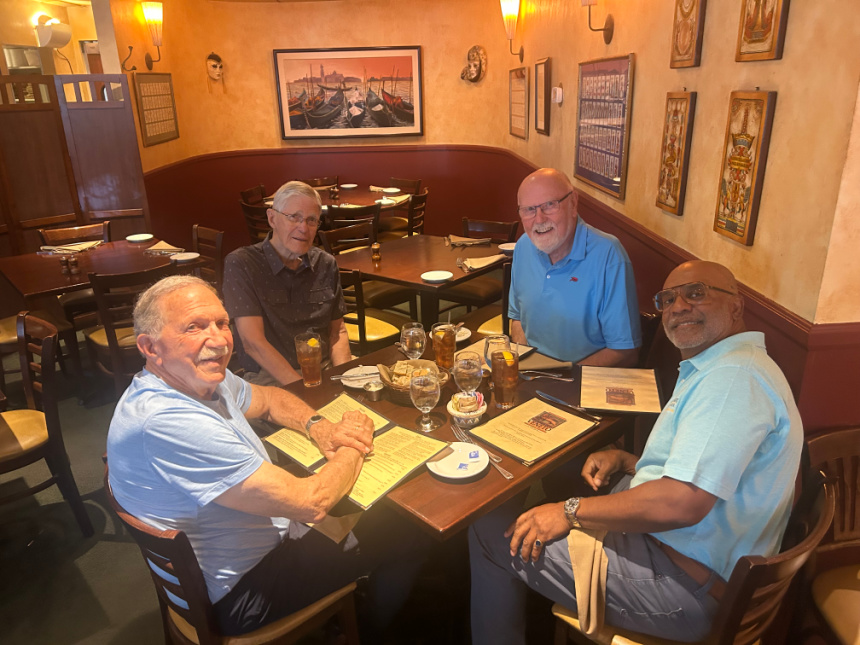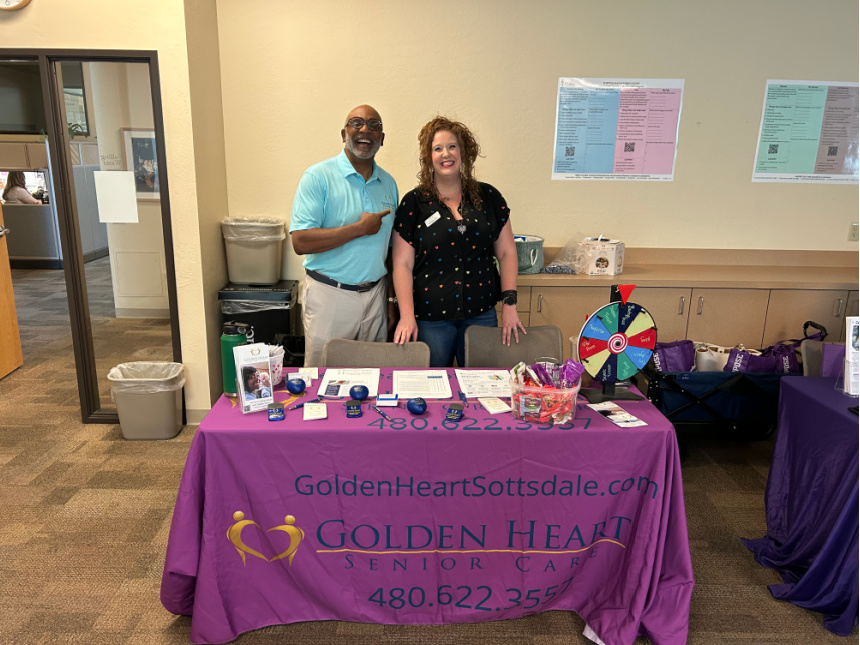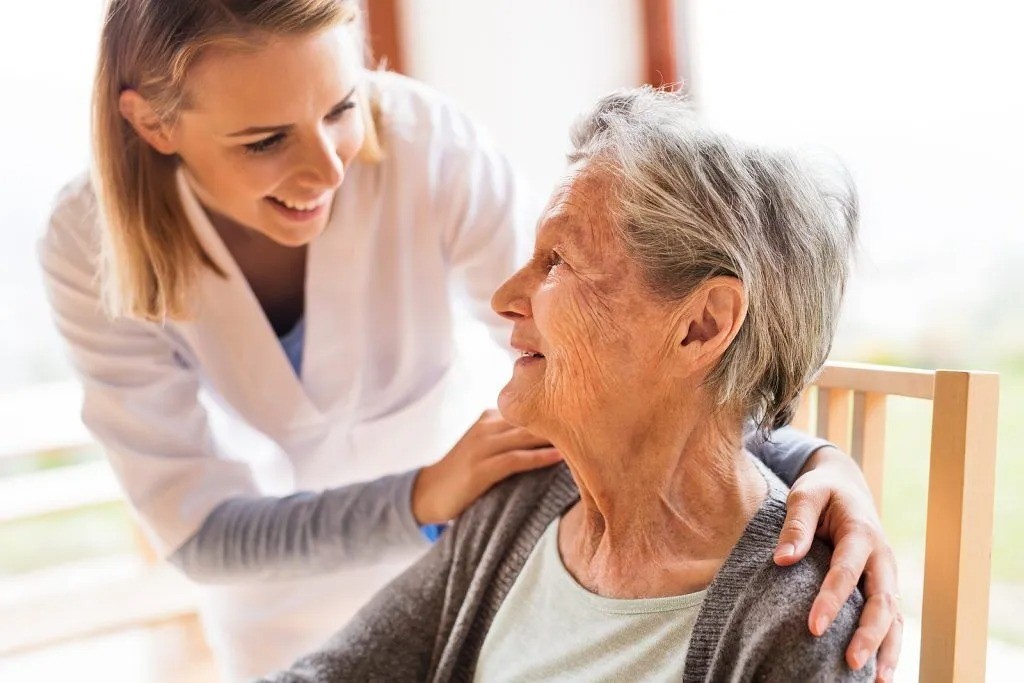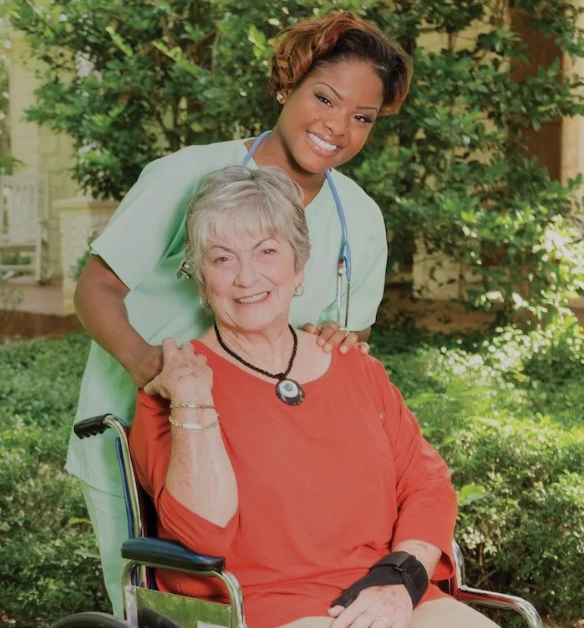Aging brings wisdom, but it can also bring quiet hours filled with isolation. Many seniors, especially those living alone or with limited mobility, face emotional challenges that often go unnoticed. The loss of a spouse, distant family relationships, or limited social interaction can slowly lead to emotional decline. This isn’t just about feeling sad — it’s about losing the motivation to engage, speak, or even care for oneself.
Emotional decline in seniors can lead to depression, memory loss, and even physical health deterioration. And the hardest part? Families often realize it too late.
That’s where 24/7 care companion services come into play — not as an option, but as a much-needed lifeline.
What Are 24/7 Companion Services?
24/7 companion services offer constant emotional and social support to seniors at home. Unlike medical care, companions focus on the human connection — something many seniors miss the most.
They are there to:
- Engage in conversation
- Share meals and routines
- Play games or encourage hobbies
- Accompany seniors to appointments
- Assist with light tasks and daily structure
More than anything, they are there to be present — through the good days and the hard ones.
The Human Need for Connection
We all need to feel seen and heard. For seniors, this need becomes even more essential. When someone talks to them, listens, and responds with patience and kindness, it can change everything. A care companion brings back that sense of being valued — and that’s not a small thing. It’s the foundation of emotional health.
Loneliness has a way of shrinking the world around an aging person. A companion helps open it back up. They reintroduce moments of joy, curiosity, and shared laughter. And these moments are powerful — they support cognitive function, emotional stability, and overall well-being.
Why 24/7 Companion Support Makes a Difference
Having someone around all day and night isn’t just comforting — it’s protective. Here’s why continuous care companion services can prevent emotional decline:
- No long stretches of silence or isolation
- Prompt emotional reassurance during anxiety or confusion
- Encouragement to stay mentally and physically active
- Safety and structure, which reduces feelings of fear
- Reliable, warm interaction that builds trust and happiness
For seniors dealing with memory challenges or mood swings, this constant presence helps them feel more secure and less frustrated. It also helps reduce night-time confusion or sundowning, common in those with dementia.
Families Need Support, Too
When you’re the adult child of a senior who’s struggling emotionally, it can be heartbreaking. You want to do more, but time, work, and distance don’t always allow it. You may carry guilt or worry daily.
Care companion services don’t just help the seniors — they give peace of mind to families. Knowing that your loved one is never alone, always spoken to, always comforted, and gently encouraged — that changes everything for you, too.
It’s not about giving up your role. It’s about having a trusted partner who’s always there when you can’t be.
A Few Signs Your Loved One May Need Companion Services
If you notice any of these changes in your loved one, it may be time to consider 24/7 support:
- Withdrawing from social interaction or daily activities
- Skipping meals or forgetting routines
- Increased confusion or forgetfulness
- Feeling anxious or easily agitated
- Sleeping too much or too little
The earlier you act, the more impact the care can have. Emotional decline is not always obvious in the beginning, but it does grow quickly if not addressed with care and consistency.
A Warm Presence Can Change Everything
There’s something powerful about having someone close who listens with patience, who remembers your favorite snack, or who simply smiles with you during a quiet afternoon. These simple, everyday acts of care often make the biggest difference.
Wrap-Up:
Golden Heart Senior Care in Paradise Valley understands how emotional decline can quietly take over someone’s life — and how powerful the right kind of support can be. We don’t send strangers into homes. We send warmth, conversation, and comfort — 24 hours a day.
Because no one should feel alone when all they really need is a hand to hold or someone to share a story with.
If your loved one is showing signs of emotional decline, let’s talk. We’re here to help make the days feel lighter again.
Get in Touch
Golden Heart Senior Care
Phone: 480-284-7360
Website: https://goldenheartscottsdale.com
Address: 8111 E. Thomas Rd Ste. 112 Scottsdale, AZ 85251



